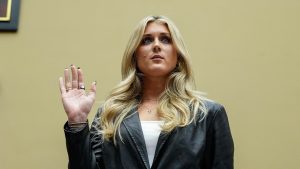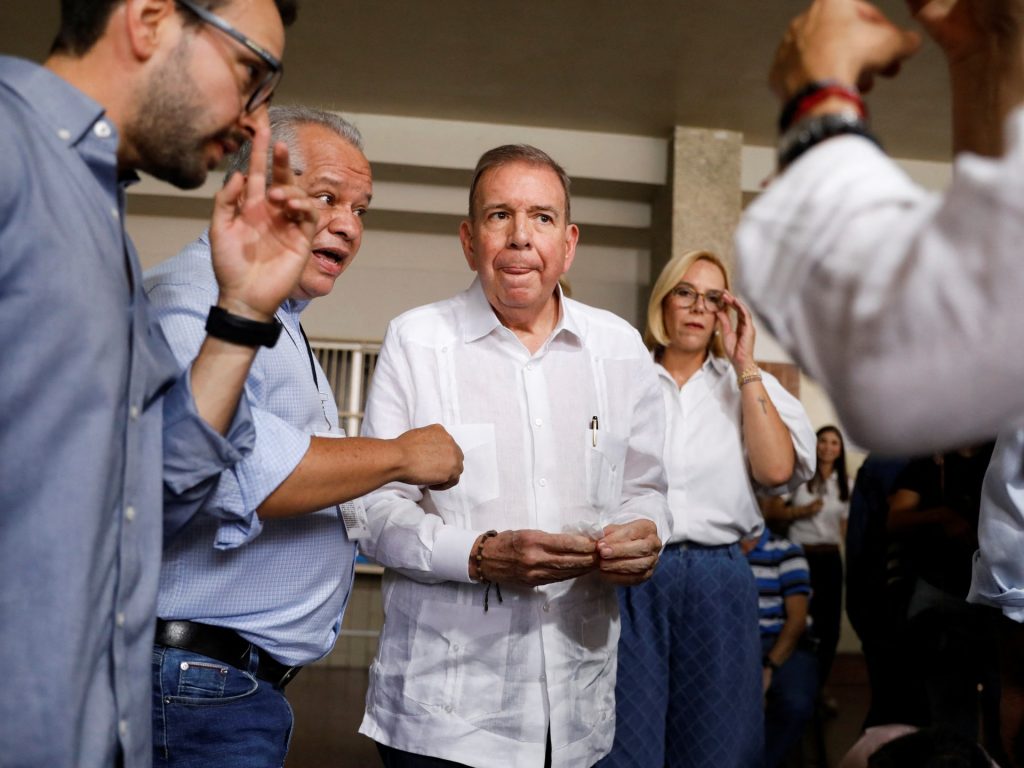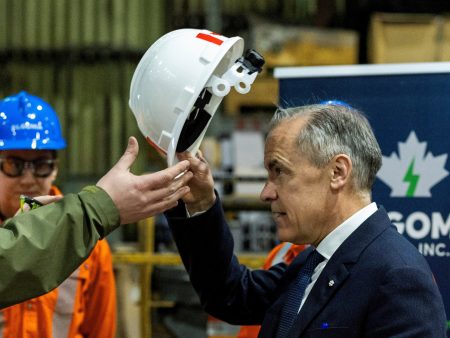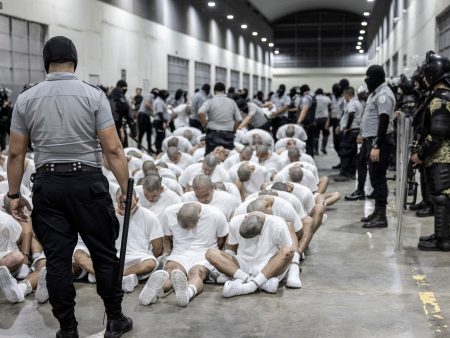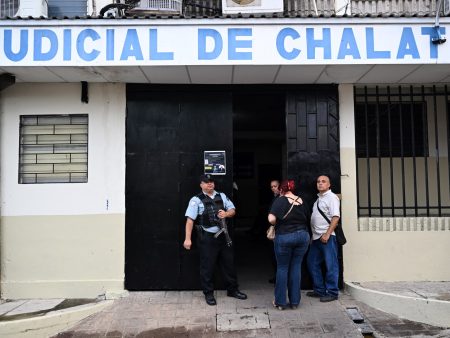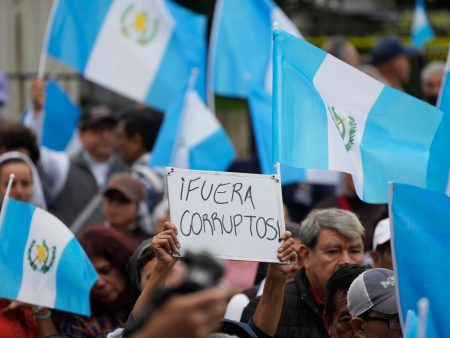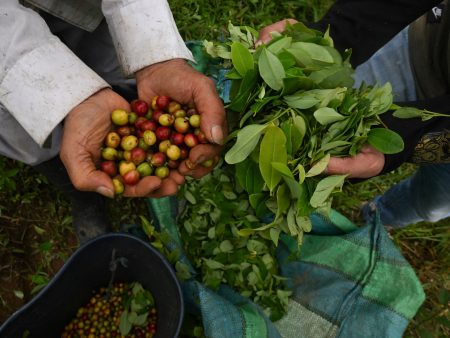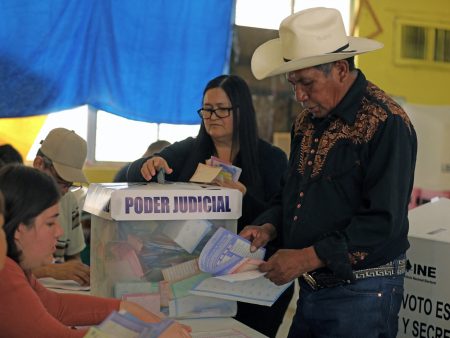The political landscape in Venezuela is fraught with tension as President Nicolas Maduro prepares for his third term, following a highly contested presidential election in July. The election, marred by accusations of fraud and a lack of transparency, has led to international condemnation, strained diplomatic relations, and a deepening political crisis within the country. The government’s refusal to release detailed voter tallies, coupled with the arrest warrant issued for opposition candidate Edmundo Gonzalez, has fueled skepticism about the legitimacy of Maduro’s victory. The opposition maintains that Gonzalez is the rightful winner, citing their own tally sheets that show a significant margin of victory for him. The international community, including regional leaders and human rights organizations, has echoed these concerns, urging the Maduro government to provide verifiable election data.
The situation escalated further with the Venezuelan government’s announcement of a $100,000 reward for information leading to Gonzalez’s capture. The move, which has been criticized as a form of intimidation, underscores the government’s increasingly authoritarian tactics in silencing dissent. Gonzalez, who sought refuge in Spain following the arrest warrant, has expressed his intention to return to Venezuela for the start of the new presidential term. His potential return, coupled with the ongoing political instability, raises concerns about further crackdowns on opposition figures and escalating tensions within the country. The government’s actions have drawn sharp criticism from human rights groups, who accuse Maduro’s administration of engaging in repressive activities, including arbitrary arrests and torture, both before and after the election.
The international community, particularly human rights organizations and the United Nations, has expressed grave concerns about the deteriorating human rights situation in Venezuela. Reports of nearly 2,000 arrests and 23 deaths in the aftermath of the elections paint a grim picture of the government’s response to dissent. UN human rights experts have called on Venezuelan authorities to respect civil liberties, including the right to peaceful protest, and to ensure that individuals can exercise these rights without fear of reprisals. The government’s actions, however, suggest a disregard for these appeals, further isolating Maduro on the world stage.
The contested election and subsequent crackdown have strained Venezuela’s relations with several countries, including Argentina, which has severed diplomatic ties. The controversy also extends to Brazil and Colombia, even left-leaning allies, who have urged Maduro to release transparent election results. The lack of formal diplomatic relations between Argentina and Venezuela has created a complex situation regarding Argentina’s embassy in Caracas, which has become a refuge for some Venezuelan opposition leaders. Brazil has stepped in to act as custodian for the embassy, amidst accusations from Argentina that the Venezuelan government is harassing those sheltering within its walls.
The diplomatic tensions between Argentina and Venezuela escalated further with Argentina’s filing of a complaint with the International Criminal Court (ICC). The complaint accuses the Venezuelan government of the crime of “enforced disappearance” in relation to the arrest of an Argentinian security services member, Nahuel Gallo. The Argentinian government claims Gallo was visiting family in Venezuela when he was detained. However, Venezuelan authorities assert that Gallo is under investigation for potential links to groups planning “terrorist” activities within the country. This incident adds another layer of complexity to the already strained relationship between the two countries, further highlighting the volatile political climate in Venezuela.
As Maduro’s inauguration approaches, the international community remains deeply concerned about the trajectory of Venezuela’s political and human rights situation. The lack of transparency surrounding the election results, the persecution of opposition figures, and the government’s repressive tactics raise serious questions about the future of democracy in the country. The international community’s calls for respect for human rights and the release of verifiable election data have largely gone unheeded, leaving Venezuela increasingly isolated and its citizens facing a precarious future. The ongoing political crisis, coupled with the looming economic challenges, underscores the urgent need for a peaceful resolution and a return to democratic principles.


